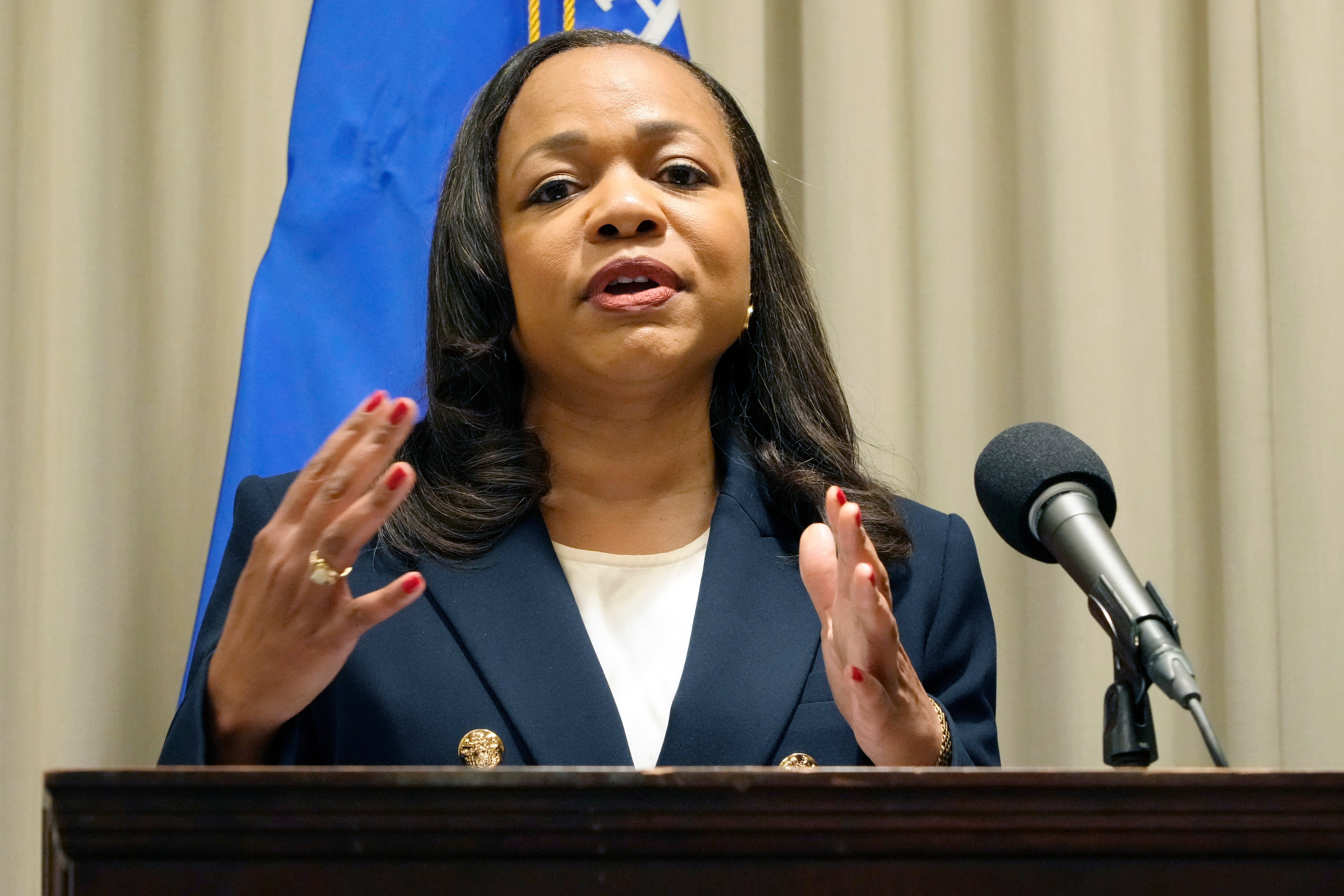What Is Zionism?
 October 1, 2024
October 1, 2024The word “Zionism” raises high emotions among those connected with Israel and the Middle East. For others, including many young progressives, it is shorthand for “genocide” and annexation. For many American Jews it represents the love of a land that fulfills the dream of a Jewish state.
The imagined dialogue that follows, between a self-described anti-Zionist (whom we’ll call “AZ”) and an avowed Zionist (“Z”), is an effort to clarify the issues surrounding the word and the concept.
Z: You call yourself an anti-Zionist. Why?
AZ: Israel has been occupying the West Bank for 57 years and now appears to be planning to annex significant parts of the territory. Palestinians need a country of their own. Israel’s war with Hamas has resulted in thousands of civilians being killed. The ultra-Orthodox (Haredim) and the “Messianic Zionists” want to turn Israel into an authoritarian, religious state rather than a democratic, pluralistic state.
Z: I agree with you on your criticisms of Israel, yet I still think of myself as a Zionist.
AZ: Tell me why.
Z: My relationship to Israel is a result of 3,500 years of history. The Bible constantly reiterates the importance of the land of Israel. At the end of the Seder we say “Next year in Jerusalem.” Our people have longed to return to this land through psalms, narratives, prophets and the visions of 19th and early-20th century European Jews.
Z: I would like to see Israel define itself as a “democratic and multicultural Jewish majority state”…
AZ: Why not one state where Jews, Muslims, Christians and Druze can all live together?
Jews have experienced continuous and violent antisemitism across Europe (Spain, Europe, England and Eastern Europe/Russia) for centuries, which reached its extreme with the Nazi Final Solution. During the Holocaust, no countries would accept Jews—thus the global need for Jews to have a safe homeland. When Israel was established as a state in 1948, nearly all the neighboring Arab states expelled Jews, who had lived there for centuries. These expulsions and murders showed us that Jews could not live in safety in Europe or the Middle East.
AZ: That’s very nice for you, but I just think that Israel is a country like any other country. It is filled with people from outside the region who not only kicked out most of the original inhabitants, but also had (and have) no respect for them. This is what we call colonialism. And consider there are Palestinian forefathers who have lived in the region that is now Israel for dozens of generations, having arrived there in the 7th and 8th centuries (part of the expansion of Islam from the Arabian peninsula) along with many more during the Ottoman period in the 1700s.
Z: I certainly agree that Jewish immigrants displaced hundreds of thousands of Arabs in the war of 1948 and for the first 20 years of independence treated them harshly. There are two competing and apparently irreconcilable narratives here. The Zionist one is that the dream of the land of Israel returned to Jews could be realized after millennia of dispersion and persecution. In the time of Muslim expansion, the small numbers of Christians and Jews living in Palestine were persecuted. The Palestinian narrative is that of a “Nakba”—”disaster”: An invader captured their land and there will be no peace until the land is recovered. Traditionally Muslims have found identity through connection to their land.
In fact, the idea of Nakba is less relevant for the 2.1 million Arabs living in Israel proper. While they are often discriminated against, they live in a vibrant and dynamic country with far more opportunities for education and employment than in neighboring countries. They see, jointly with Jews, that Hamas is their enemy. Arab Israelis now account for 20 percent of Israeli doctors, more than half its pharmacists and more than 20 percent of enrollment in the Technion University.
AZ: What about Religious Zionism?
Z: Books upon books have been written about the many variations of Zionism, most by Jewish scholars. These variations have been described as “emotional, political, cultural, revisionist, socialist, progressive, and religious Zionism.”
For me, religious Zionism, as represented by the two far-right parties holding 13 seats in the Knesset, is very troubling. They propose that Israel should seek to control the land much as it was 3,000 years ago. In particular, they see today’s war as an opportunity to reoccupy Gaza and to annex all or most of the West Bank. Their attitude makes it difficult to build international support for the war against the Iranian-sponsored forces of Hamas, Hezbollah and the Houthis.
AZ: Who would you say are the main opponents of Zionism?
Z: Zionism has been attacked from its beginning, even by Jews in the late 1890s, and the North American Reform movement did not support the creation of a Jewish state until 1937. More recently, in 1967, the United Nations General Assembly passed a resolution stating that “Zionism is a form of racism.” Daniel Patrick Moynihan, the United States ambassador to the UN at the time, replied to the vote with a scathing speech of defiance. In 1991, the UN rescinded its resolution. Since 2015, the UN General Assembly has adopted 140 resolutions criticizing Israel. Over the same period, it has passed 68 resolutions against all other countries combined.
AZ: Is Israel a “Jewish” state?
Z: From one point of view, Israel is a Jewish state, since a majority of its citizens are Jews. But I would like to see Israel define itself as a “democratic and multicultural Jewish majority state.” This means that the state would not be permitted to discriminate against its 2.1-million Arab citizens nor its 500,000 additional inhabitants (mainly Russian) who are not recognized by the state as Jewish.
AZ: Why not one state (“from the river to the sea”) where Jews, Muslims, Christians and Druze can all live together?
Z: Multi-ethnic states around the world often suffer from political paralysis (Belgium), overt conflict (Yugoslavia, Lebanon), and separatist movements (Quebec, Basque). After centuries of coexistence, most of the Christian communities in Arab countries have been destroyed. From the beginning, the Arab/Muslim world has been burdened by conflicts between the Shia and Sunni sects. A one-state solution, 50 percent Jewish and 50 percent Arab, is likely to be a prescription for chaos and civil war. Israel could become like Lebanon, where four peoples—Christian, Sunni, Shia and Druze—live in the same land but suffer from internal violence, multiple militias and a dysfunctional government.
AZ: I see North American Judaism as an independent religion not dependent on Israel. Do we really need Israel?
Z: You are not alone in this concept of “Diaspora Judaism.” In fact, contemporaries of Theodore Herzl, the European who in 1896 proposed a Jewish state in Palestine, were not enthusiastic about his proposal for an independent state.
Abandoning Israel would be troubling for the future of Judaism. Israel is not just a place for crazy Messianic Jews such as Itamar Ben-Gvir and Bezalel Smotrich or for Haredim hoping to move back to the 18th century. It is filled with incredibly creative people deeply committed to Jewish life, culture, history, music and study. Their work deepens and renews Jewish thought and life. A purely North American Judaism would be hollowed out without the richness and innovation of its Israeli counterparts.
AZ: So, what happens to your Zionism if Israel becomes a hardcore religious, intolerant and authoritarian state and most of the secular, educated, high-tech sector Jews start to leave? What happens if Israel annexes most of the West Bank and reoccupies part of Gaza?
Z: I believe the majority of Israelis will not vote for the far right or for annexation. What’s more, conventional wisdom says the United States and other Western countries would act to prevent wholesale annexation. Even in the worst scenario, I plan to support those elements of Israel’s population that are committed to democracy, pluralism and tolerance, however small or isolated they may become, in the hope that there will one day be a change for the better.
















